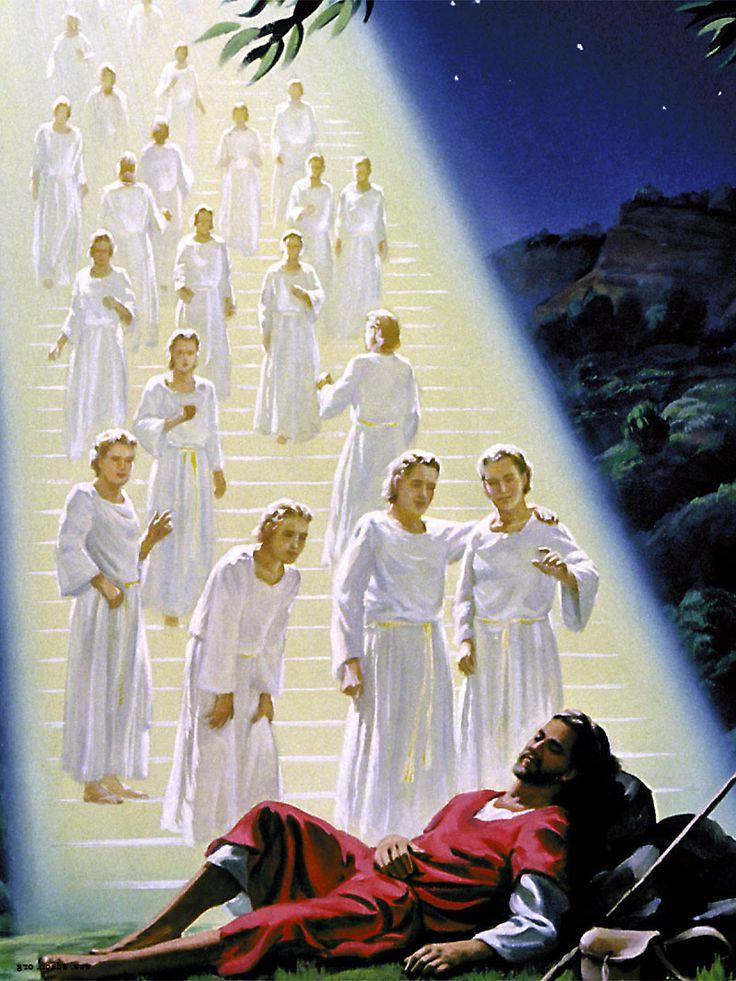The Lord’s Prayer
The continual renewal of the Lord’s kingdom on earth
He who sat upon the throne said, Behold, I make all things new; and He said, Write, for these words are true and faithful. Revelation 21:5
BE 97. But widely different is the case with the dogmas or doctrinals of the New Church. These are all essentials, in each of which there is heaven and the church; and they regard this as their end, that man may be in the Lord, and the Lord in man, according to His own words in John (14:20; 15:4-6). It is this conjunction alone which constitutes the Christian Church. From these few observations it may clearly appear what is meant by these words of the Lord in Revelation 21:5.
AC 2405:7. As in the proper sense the “morning” signifies the Lord, His advent, and thus the approach of His kingdom, it is evident what it signifies besides, namely, the rise of a new church, for this is the Lord’s kingdom on earth, and this both in general and in particular, and even in the least particular: in general, when any church on the globe is being raised up anew; in particular, when a man is being regenerated, and being made new, for then the Lord’s kingdom is arising in him, and he is becoming a church; and in the least particular, whenever the good of love and faith is working in him; for in this consists the advent of the Lord.
AC 3539. The end of regeneration is that man may be made new as to his internal man, thus as to his soul or spirit. But man cannot be made new or regenerated as to his internal man unless he is regenerated as to his external man also. For although after death man becomes a spirit, he nevertheless has with him in the other life the things which are of his external man, namely, natural affections, and also doctrinal things, and even memory-knowledges—in a word, all things of the exterior or natural memory. For these are the planes in which his interiors are terminated, and therefore according to the disposition that has been made of these things is the character of interior things when they flow into them, because they are modified in them. This shows that man must be regenerated or made new not only as to his internal or rational man, but also as to his external or natural man; and unless this were the case there would not be any correspondence.
AR 918. And I saw no temple in her, for the Lord God Almighty is her temple, and the Lamb [Rev. 21:22], signifies that in this church there will not be any external separated from the internal, because the Lord Himself in His Divine Human, from whom is the all of the church, is alone approached, worshiped, and adored. By “I saw no temple in her” is not meant that in the New Church, which is the New Jerusalem, there will not be temples, but in it there will not be an external separated from the internal. The reason is because by “a temple” is signified the church as to worship, and, in the highest sense, the Lord Himself as to the Divine Human, who is to be worshiped.
AC 8943. That which is from self-intelligence is in itself void of life—indeed, is spiritually dead—for man’s proprium is nothing but evil, and therefore if Divine worship is performed from it, this worship is nothing else than the worship of an idol, carved or molten, in which there is no spirit, that is, no life. But that which is from the Word is alone serviceable for Divine worship, because it is in itself alive. For within everything of the Word there is a spiritual sense, which treats of the Lord’s kingdom; and within this sense is the Divine, because the Word in its inmost sense treats of the Lord alone. From this is the sanctity and the life of the Word, and not from any other source.
Questions and Comments
- It is worth noting that in the Greek, “Behold, I make all things new” is in the present tense, and also means, “Behold, I am making all things new.” The Second Advent did indeed take place with the revelation of “many arcana of heaven, especially the internal or spiritual sense of the Word,” together with “the genuine truths of doctrine” (AE 641:3). But it continues to take place within each of us as these teachings are received in our understanding and applied to our lives (TCR 774).
- Why is it now possible as never before for the Lord to renew His kingdom on earth?
- What part do we have in this renewal of His kingdom? And what part don't we have? (See especially AC 10151 in yesterday’s reading.)
- Why is it necessary for the Lord’s kingdom to be established in our external lives in the natural world, considering that the church is actually what is of heaven with man (NJHD 313)?
- When the Lord says that He makes all things new, does He mean everything, or are their things in our life that will continue to be simply worldly? What is the Lord specifically talking about when He says He makes all things new?
- What does it mean that there was no temple seen in the New Jerusalem? What does it not mean? How can we promote what it does mean in what we do in our church?
- How might we apply the principle given to us about worship (AC 8943) to our worship services? What might we change, and what should we keep?
- Since our everyday occupation and obligations are acts of charity, which is internal worship, how can we bring heaven on earth into our daily life?
| previous |  |
next |
|---|


